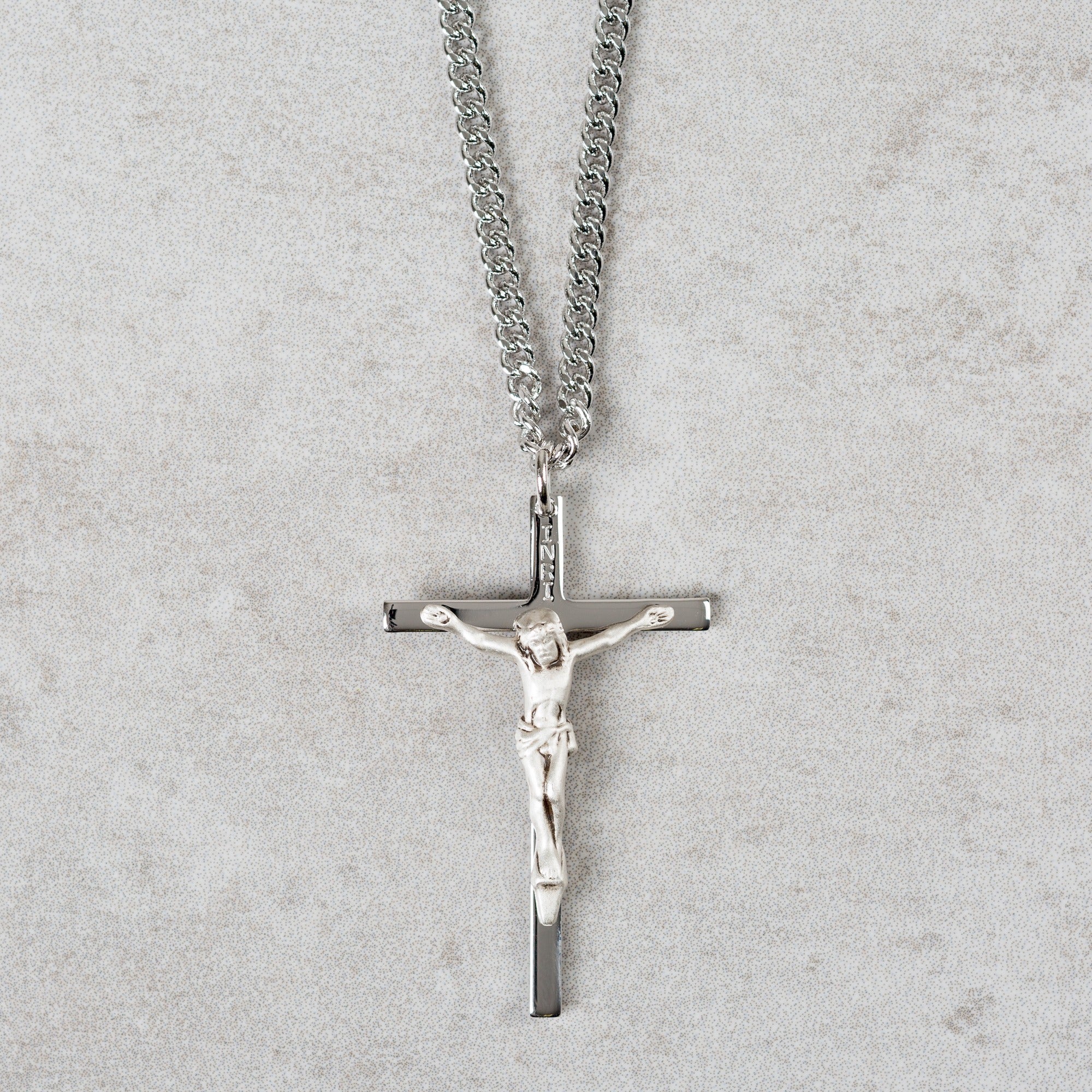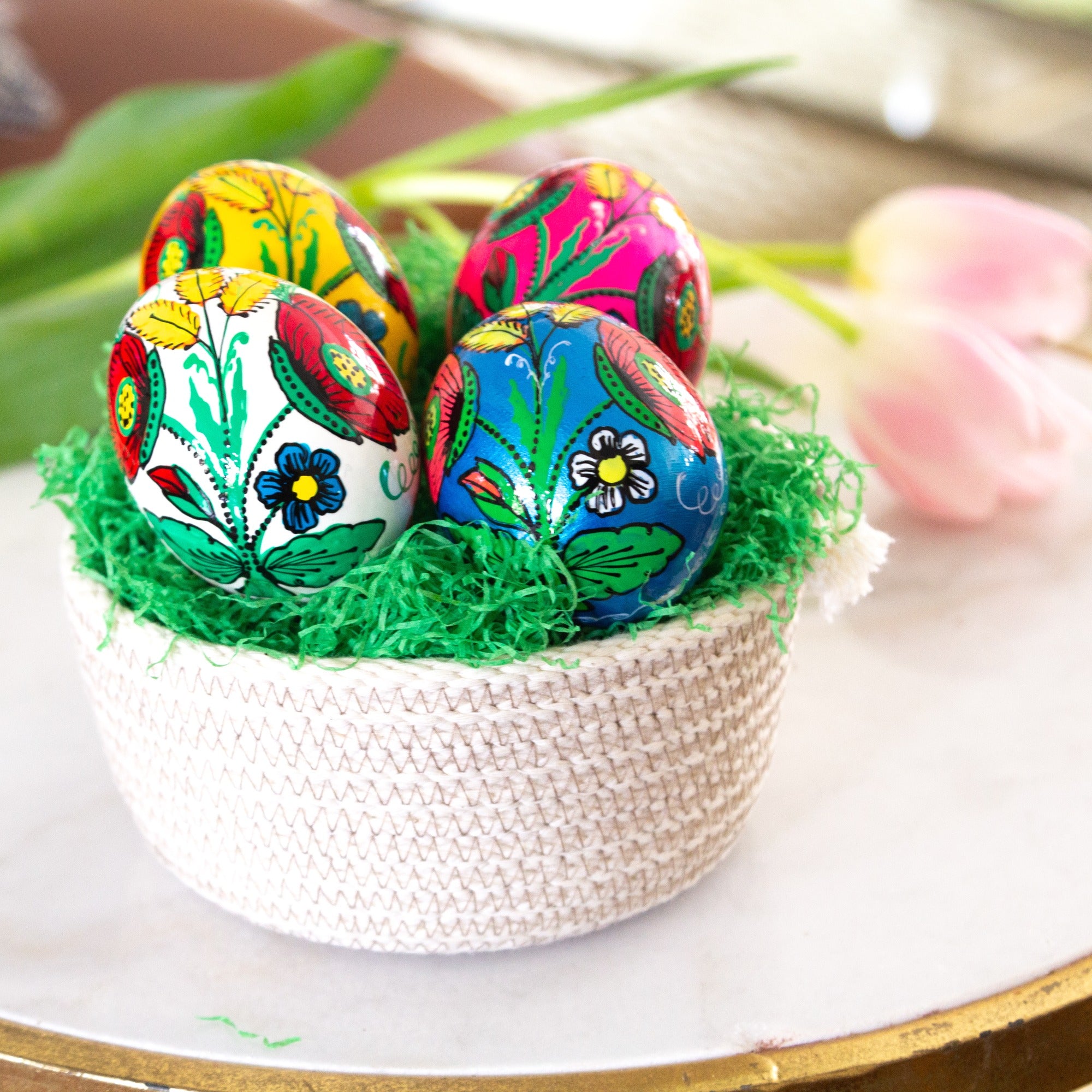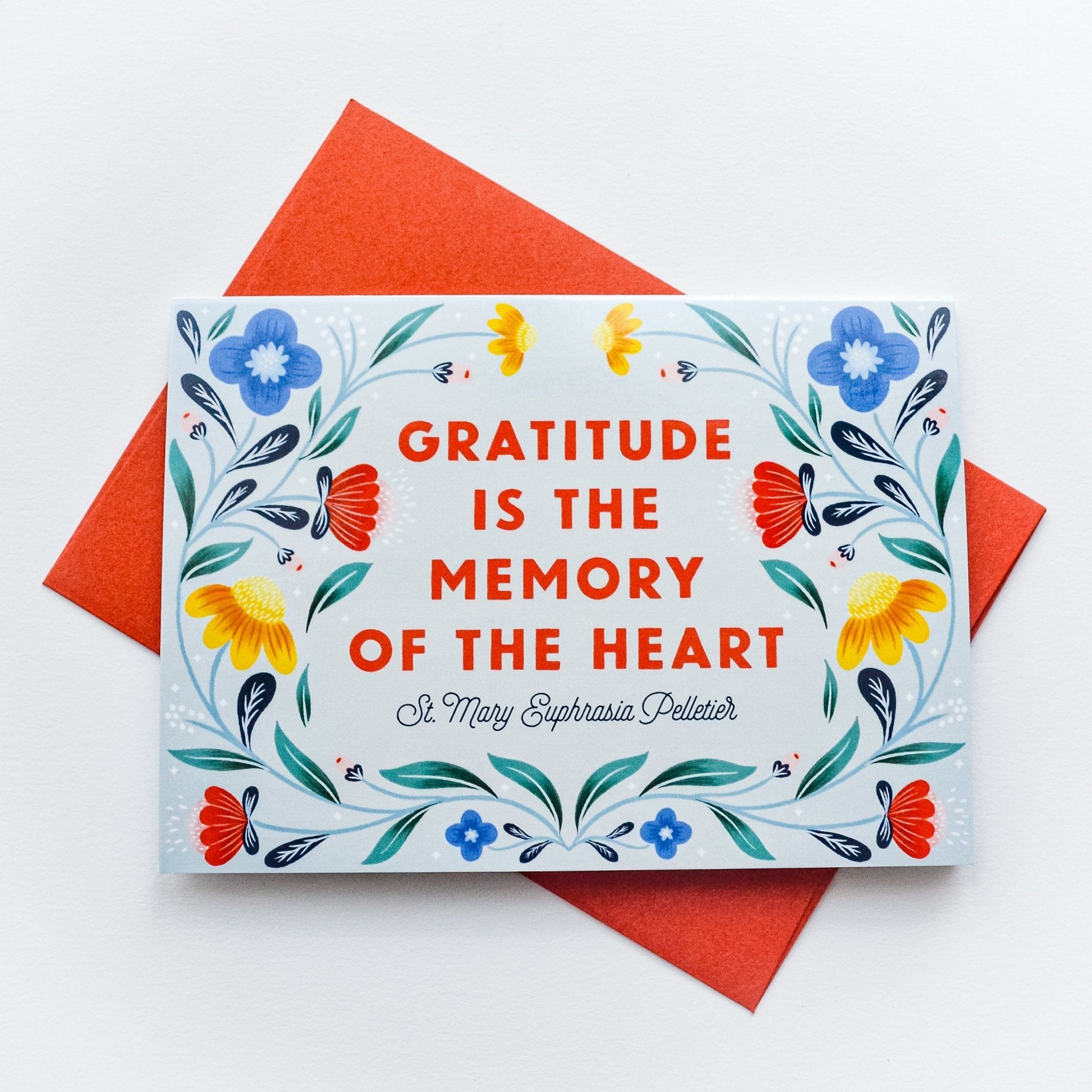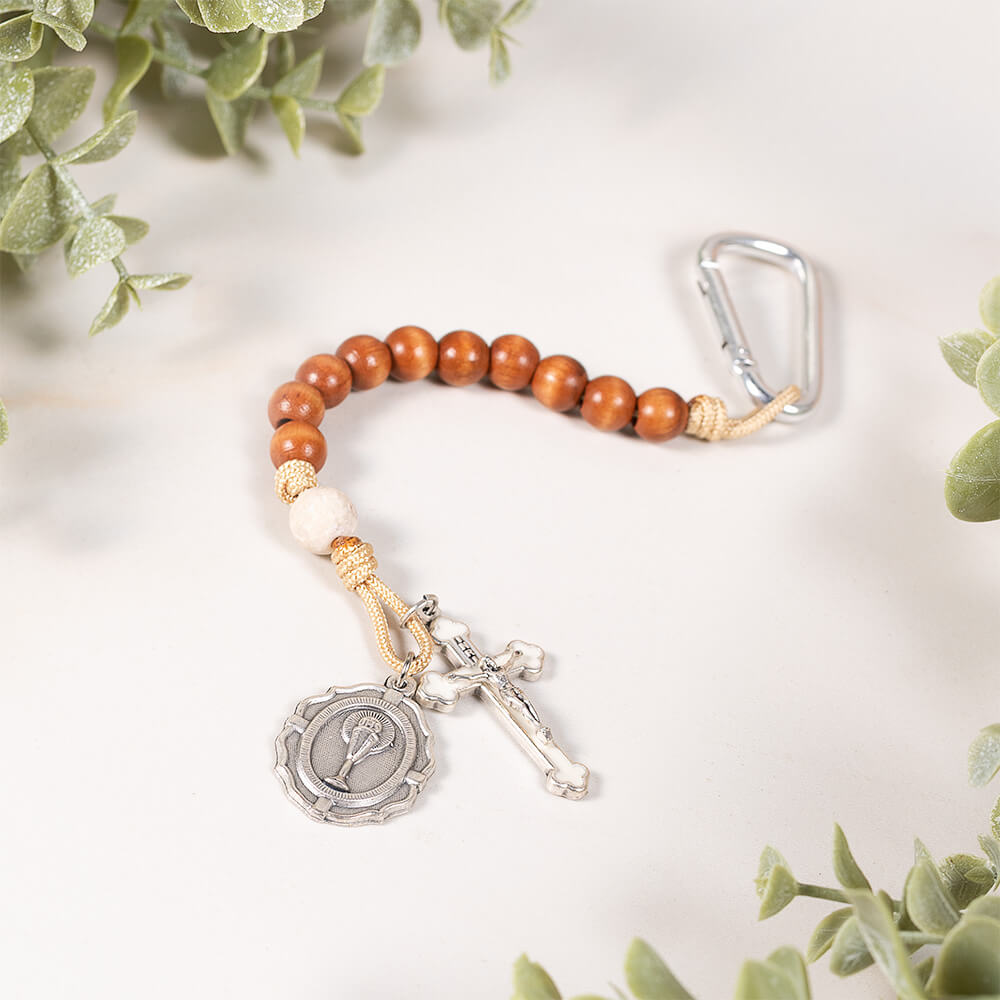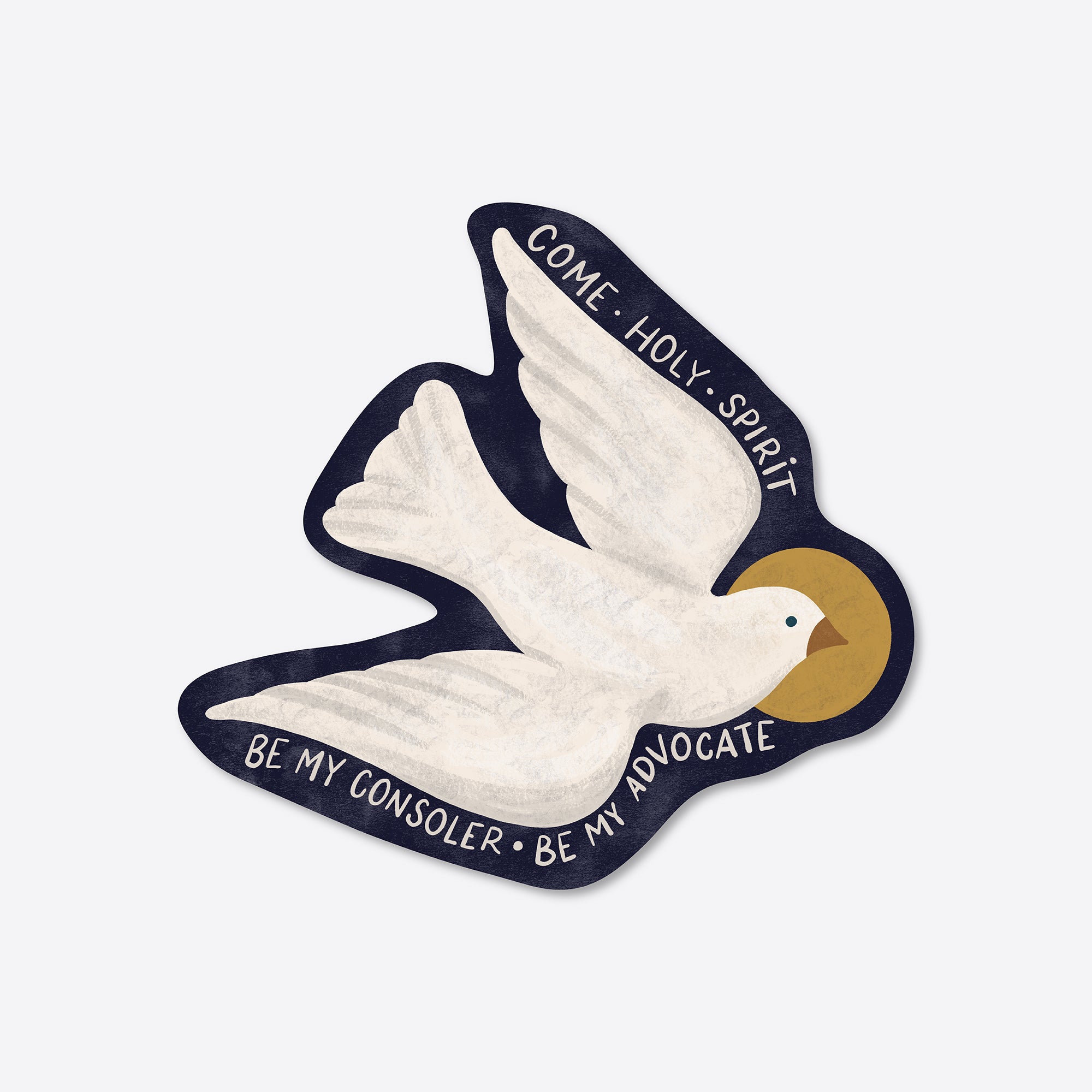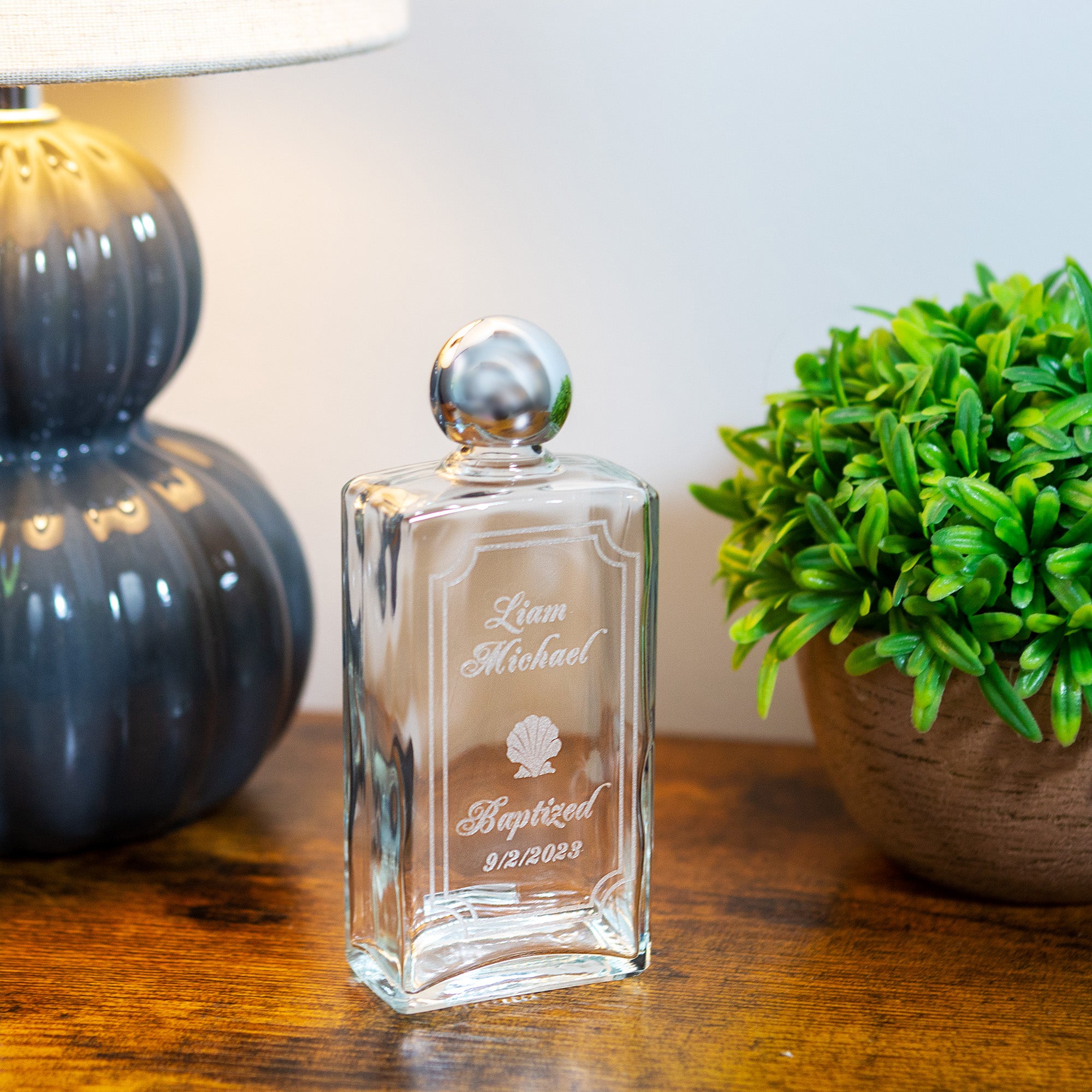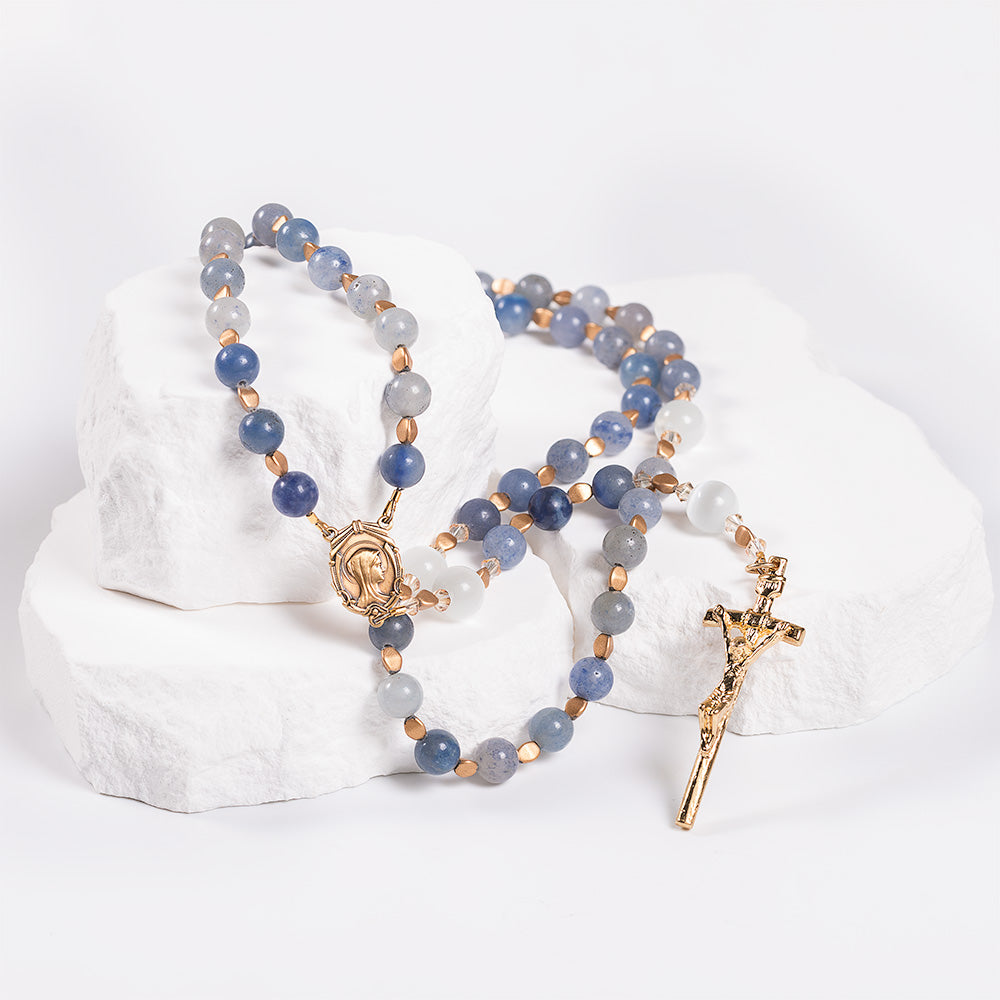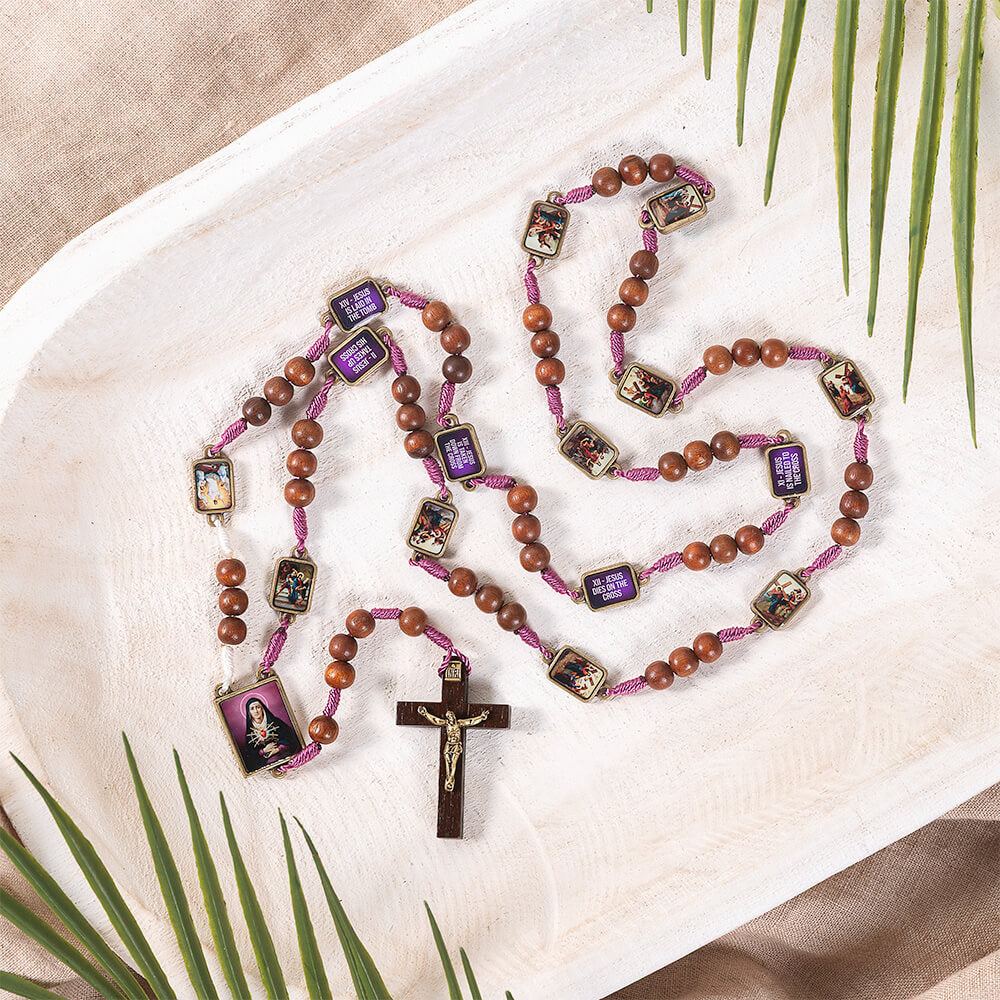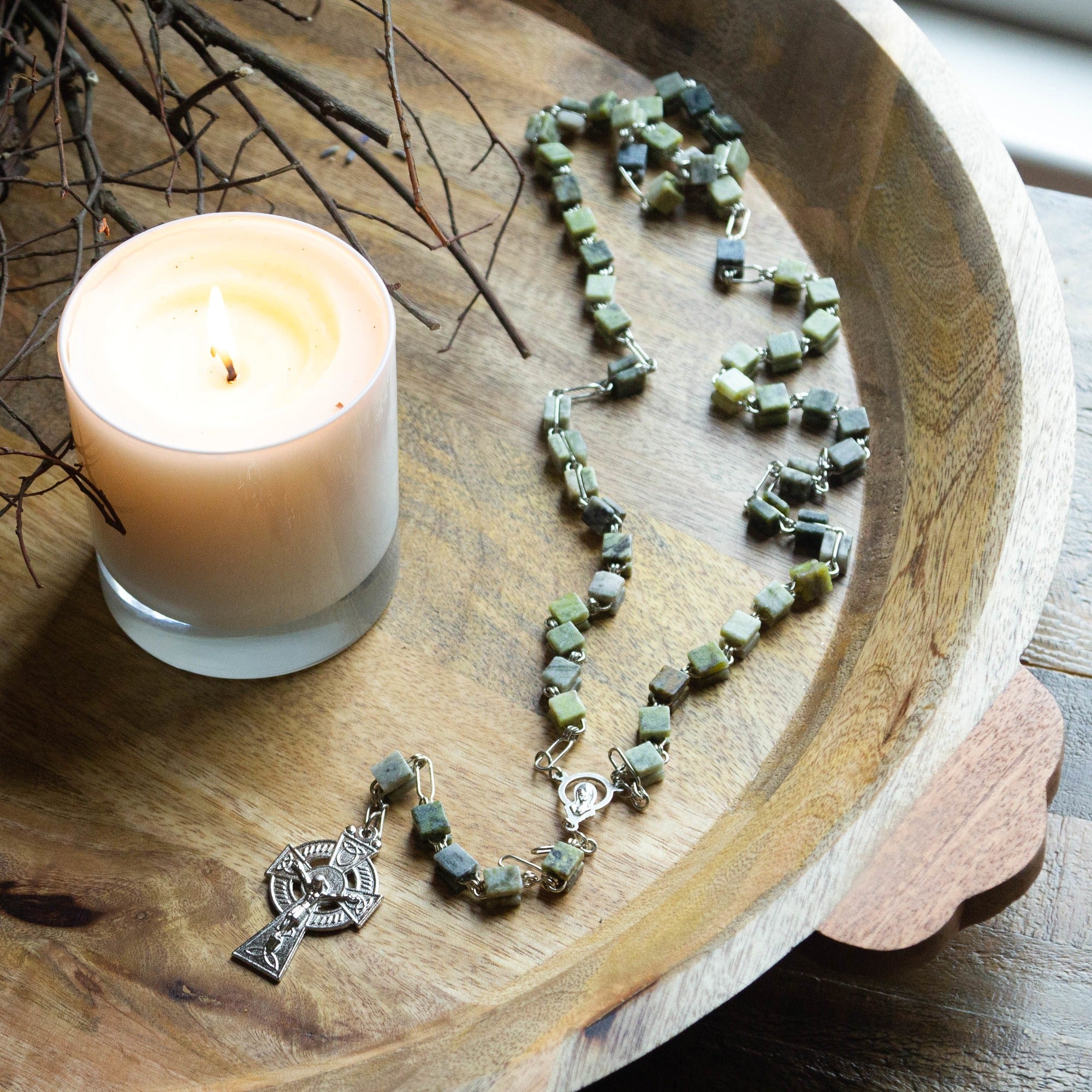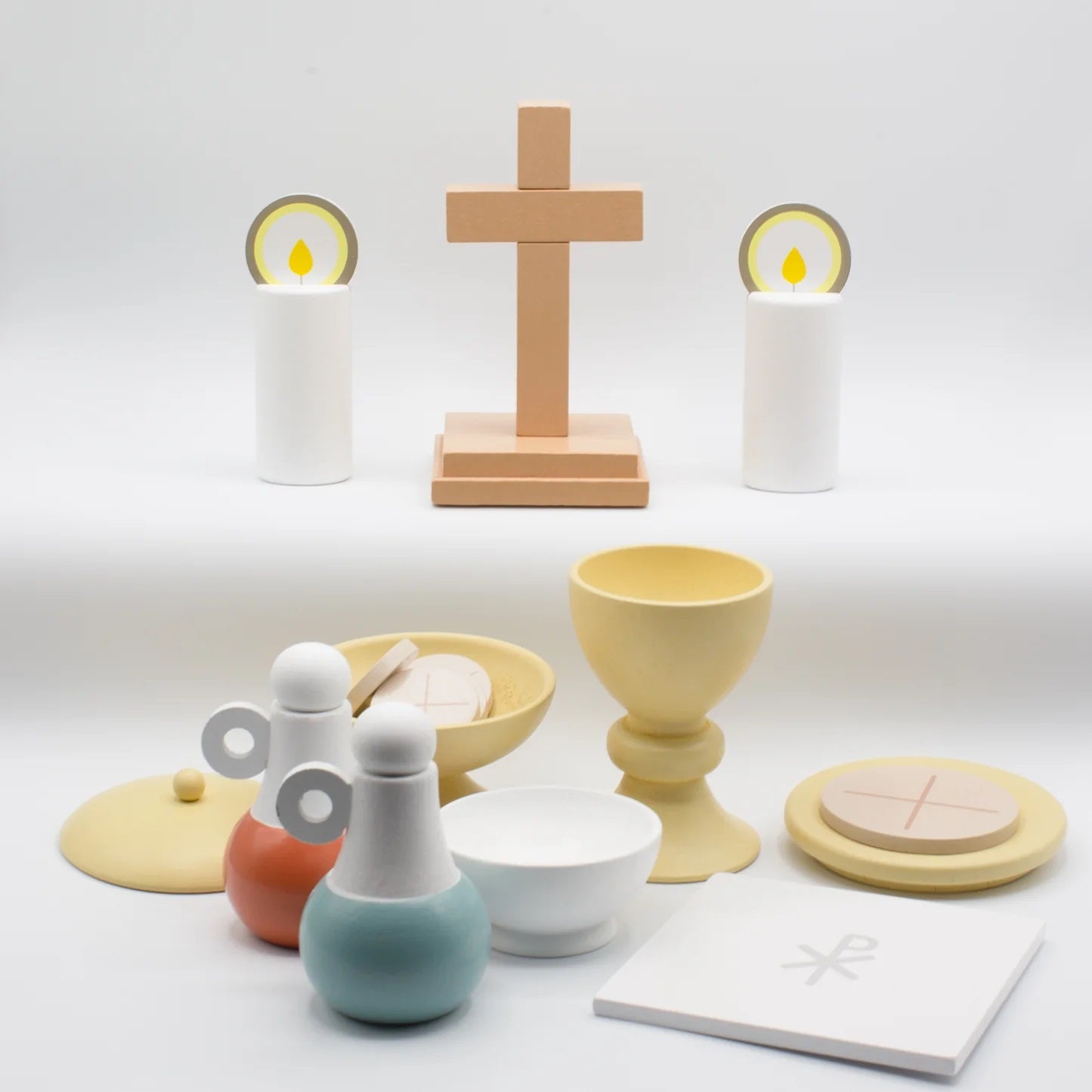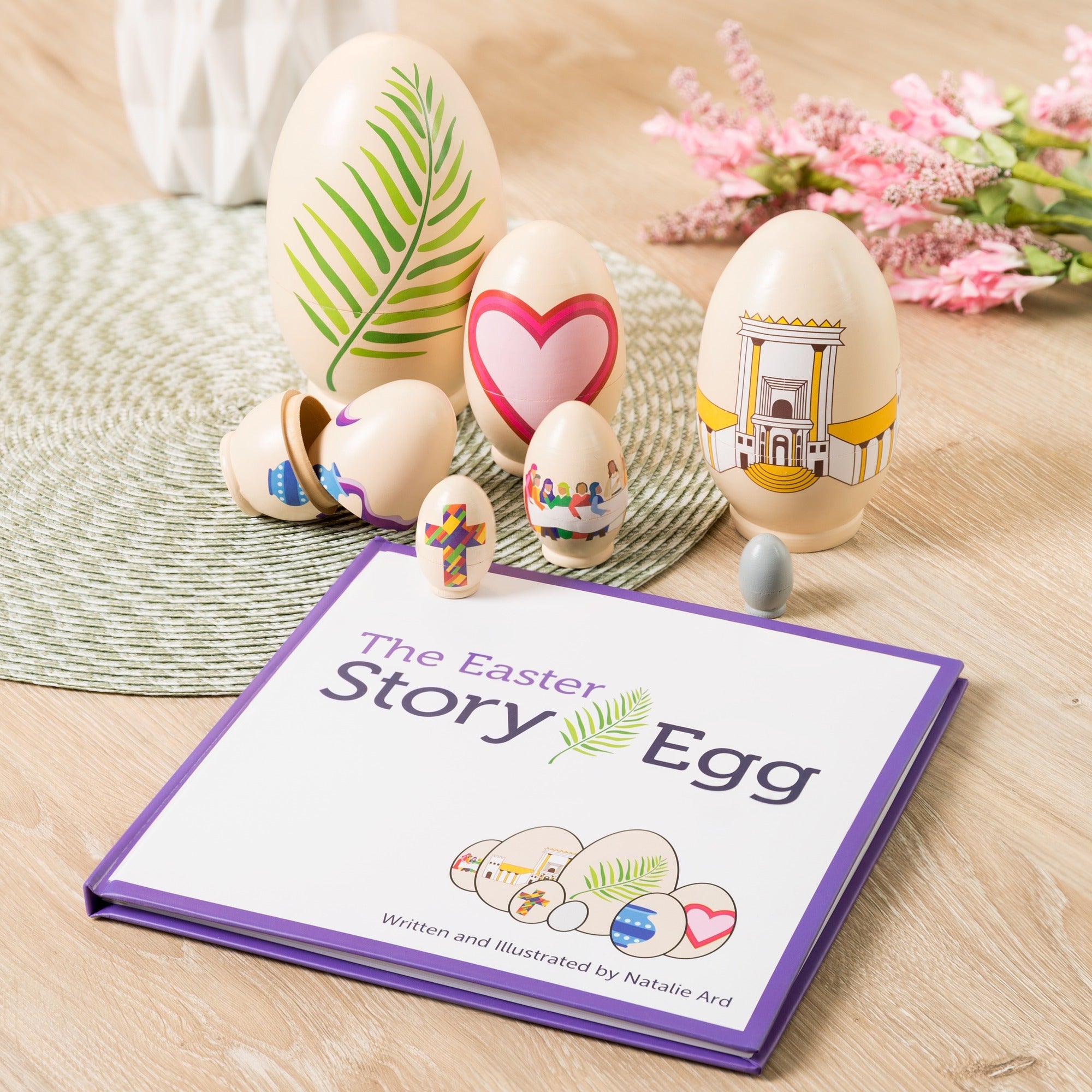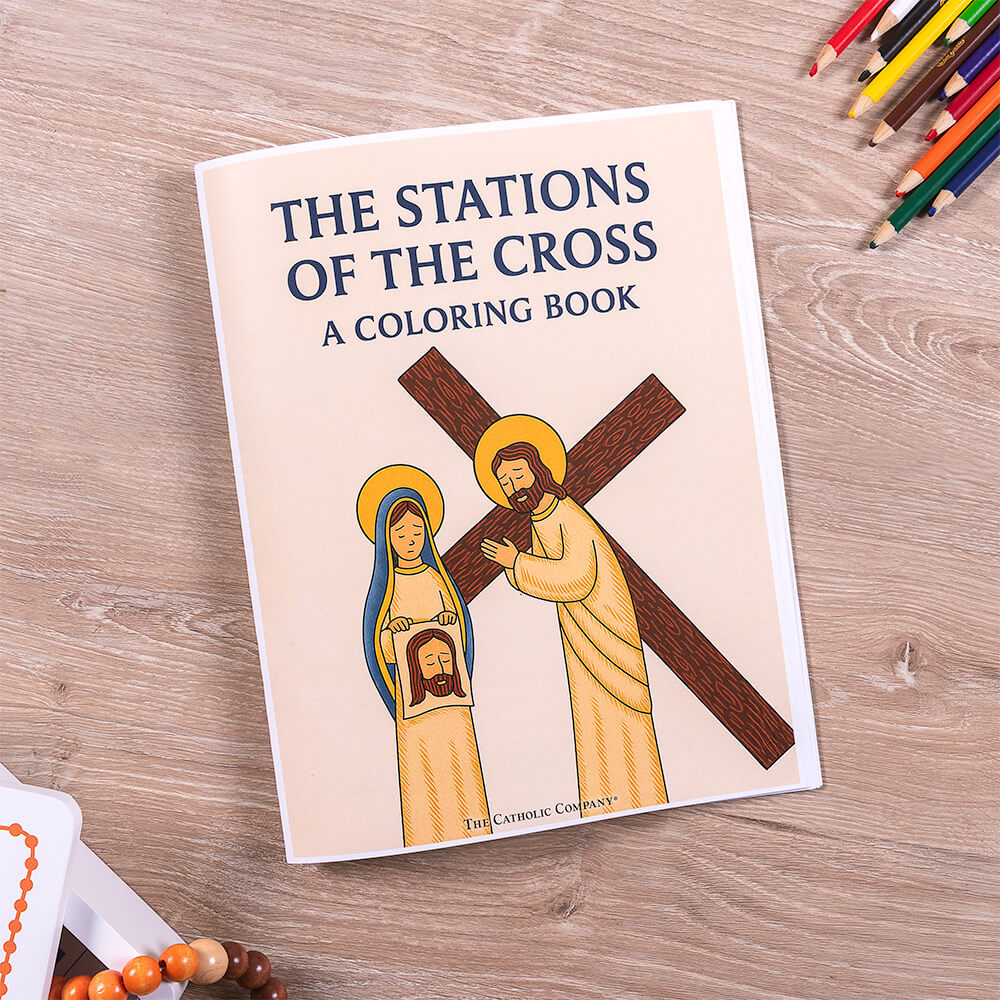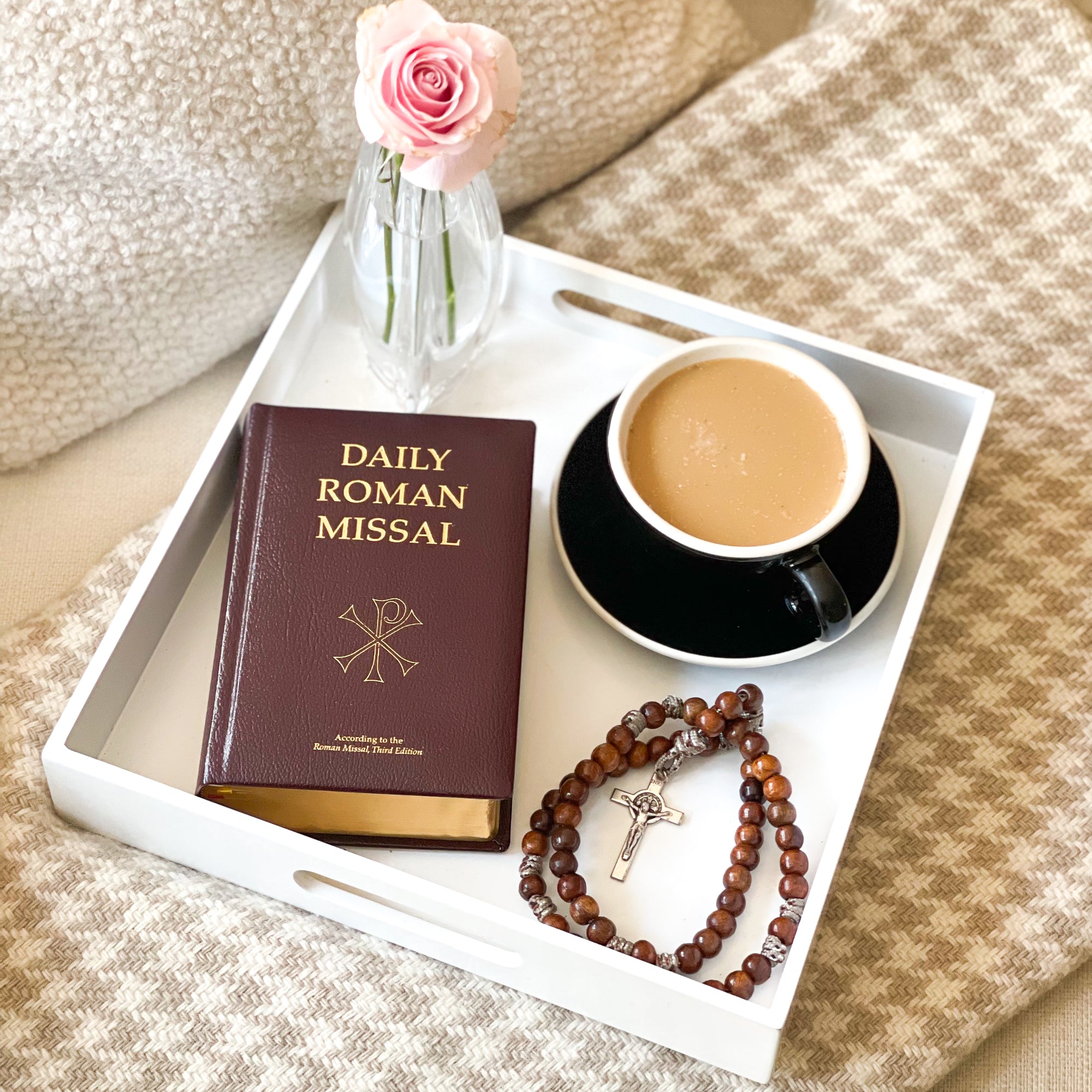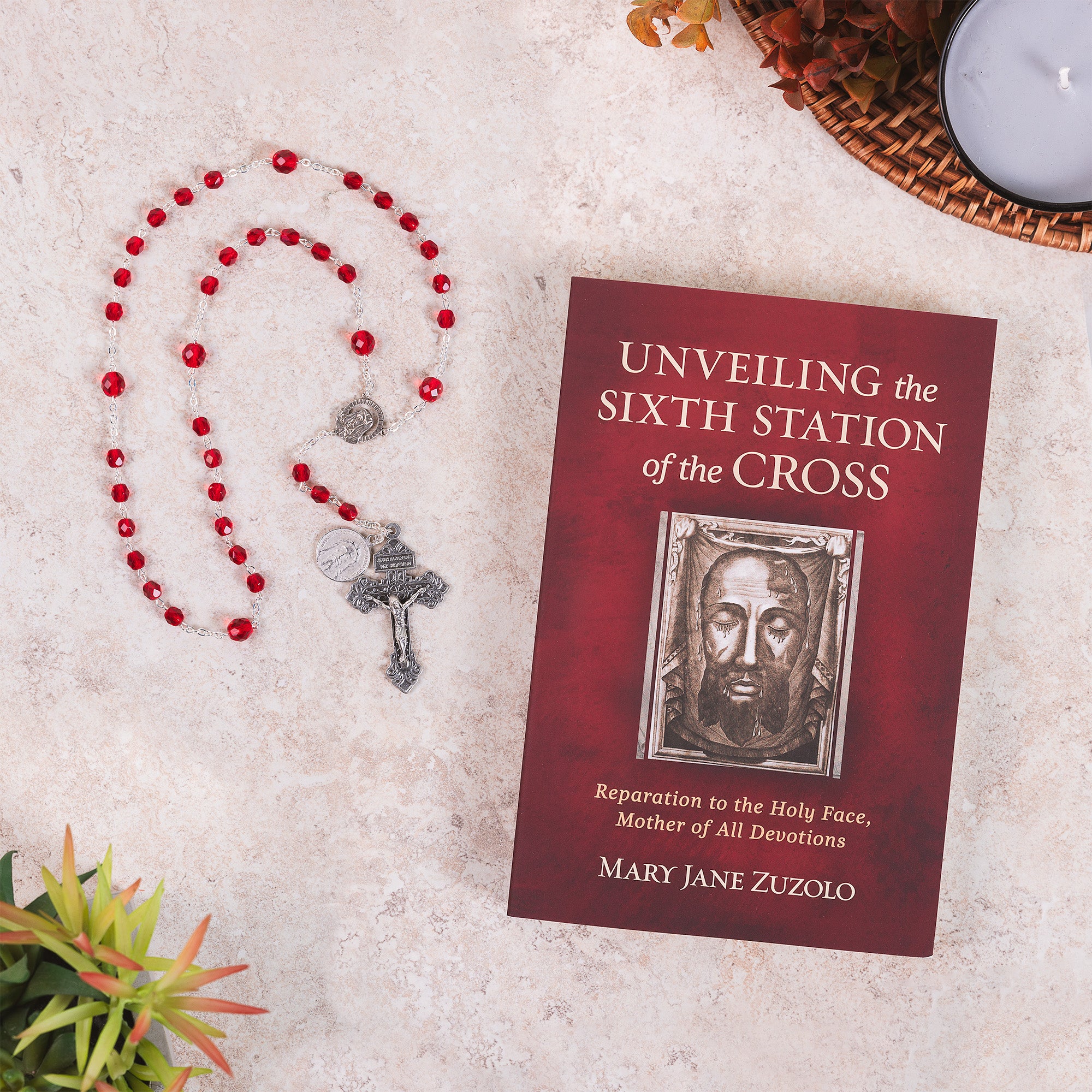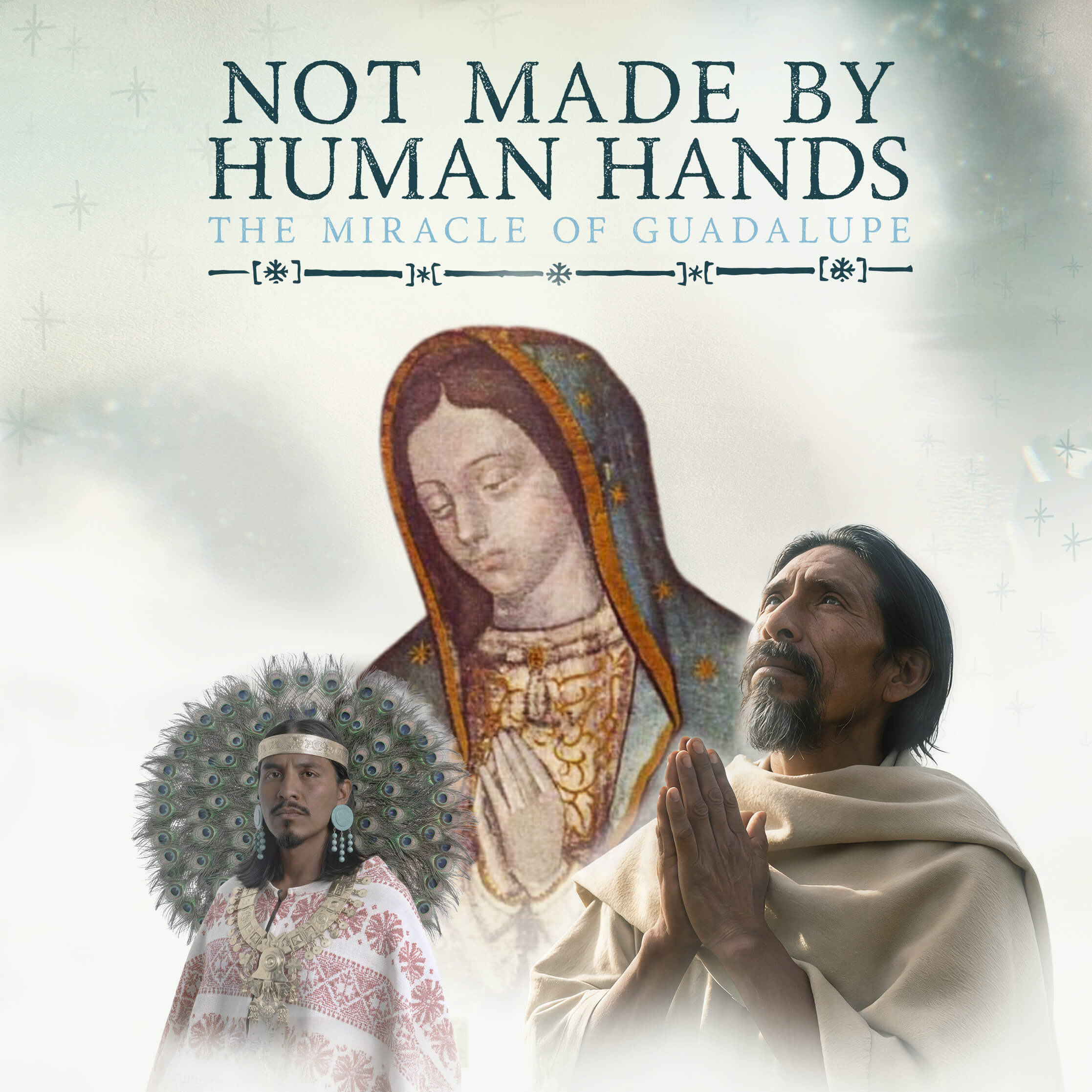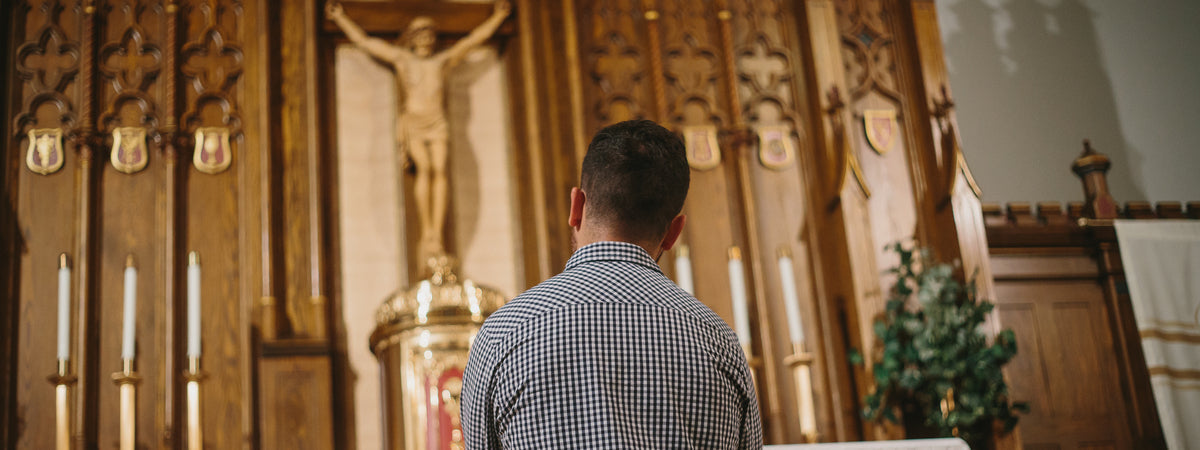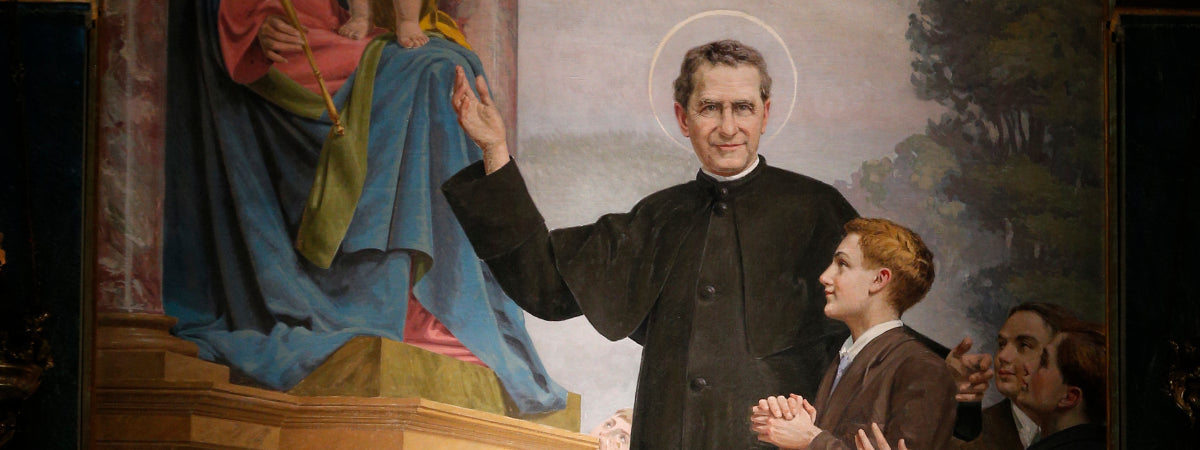Doubt affects the lives of most Christians at one time or another. We can doubt an endless variety of things: the authenticity and translation of Sacred Scripture, the love of God, His mercy, our salvation, and tenets of the Christian faith.
The list goes on.
It can be confusing or painful when we experience doubt ourselves. But it can be even more upsetting when a loved one struggles with doubts about faith or the Church.
[[8586]]
Remember this: doubt does not equal a lack of belief. It can actually be a stepping stone to a more perfected faith. If we wrestle with our doubts, we can claim and embrace our faith more deeply over time, and even strengthen the faith God has given us.
Why We Doubt
There are many reasons why followers of Christ experience doubt. Perhaps we understand what we have learned in our Catholic faith at an intellectual level, but are unable to assent to it with the total confidence of our hearts—and that feels like failure on our part. Such insecurity can cause us to doubt our own faith, and even question who we are in Christ.

Doubt can also manifest itself more frequently in certain temperaments. Some people are, by nature, doubters and questioners. Being analytical, they want quantifiable proof before committing to anything.
Painful trials are something else that can lead us to doubt, especially if we are already weary or feeling beaten down by life. Assailed at every turn with countless personal challenges, we can lose heart (or hope!) and begin to question our beliefs.
[[16757]]
Poor choices and regrets for past actions can cause doubt. We may struggle to forgive ourselves for things of which we are ashamed. We may even tell ourselves—time and again—that we will break the patterns that caused us so much pain and suffering. Yet we end up repeating the cycle. Shame overshadows confidence and trust, becoming fertile ground for seeds of doubt.
If you struggle with doubt, or are watching loved ones suffer from doubts regarding their faith, the Church, and who they are in Christ—don’t lose heart. There is reason for hope.
Here are six things to remember about the reality of doubt:
1. Doubt is distinct from unbelief.

Genuine “unbelief” is a complete rejection of the Faith or some part of it. Meanwhile, doubt is a state of questioning, rather than a rejection.
We live in a time of radical skepticism. The postmodern age of nihilism has taken its toll on our world. But we must remember that doubt does not equal lack of belief.
Often, when we start to doubt, we automatically assume that we no longer believe. This is a progression of thought that comes from living in a world where many things are either seen as “all” or “nothing.” That mental leap is a mistake that can turn us away from the Faith.
Even when we are doubting, we should focus on practicing what we believe as we work through our questions. If we feel some doubt in regards to the Church, for example, the worst thing we can do is stop going to Mass and participating in the Sacraments. Those are the very things that will give us the grace we need to work through our doubt!
Turn to God in raw honesty, even when you feel doubtful. That way you can prevent doubt from taking away any faith that you have at a time when you need it so desperately.
2. Doubt is not the end-game.

Doubt is not a sin. Nor is it the end of our faith. It’s okay to recognize that we are experiencing doubt.
The problem comes when we see doubt as a final result or an end-game. We must pray, act, and seek to resolve it to the best of our abilities, often with the help of others. If we don’t, it will lead us away from the Faith, not deeper into it. Seeking the help or guidance of a trusted friend, god-parent, or priest is a great first step. In addition to frequenting the Sacraments and seeking the advice of those we trust, we can resolve doubt through spiritual reading, prayer, and sacrifice.
It is especially important to have confidence in the power of the Sacraments. If we have been baptized, we can know that we have the gift of faith. If we have been confirmed, we have been sealed with the gifts of the Holy Spirit. If we receive the other Sacraments—such as going to Confession and receiving Holy Communion—we are receiving special graces through each of them, even if we don’t feel these graces.
Grace is not often “felt.” It’s not an emotion.
3. Doubt can serve a healthy purpose.

It invites us to learn and discern, and through God’s grace, can eventually lead us to confident belief. It is a step in the spiritual journey, one that has been taken by many of our most beloved saints.
Remember that not all truths can be absolutely understood. Some of God’s mysteries are so great that they require us to step out in faith. Over time that faith will be bolstered and strengthened because we have extended ourselves. Grace builds on nature. Even though we cannot “prove” a certain mystery of our faith, we can still receive the grace to believe and trust in it. We can start by choosing to be open-minded; inclining ourselves to believe; and not closing ourselves off. Then we prayerfully ask God to do the rest.
4. Sin clouds our judgment.

We should be diligently and regularly examining our own consciences, and working to root out sin. This is especially true if we are plagued by doubt. Sin corrupts the mind and heart, clouding our judgment and blocking graces.
We are all sinners. Doubt is not necessarily brought about by sin, but the bonds of doubt can be strengthened by sin that we do not work to eliminate.
Many people don’t realize this, but it is vitally important. When we seek healing in the Sacrament of Confession it gives us greater clarity; removes obstacles that block grace; and helps us work through our doubt.
5. Faith is not the same as feeling.

Faith is a gift. It is supernatural, but it also involves an act of the will to receive it and constant exercise in order to strengthen and grow.
Our culture may say otherwise, but we know—as followers of Christ—that we cannot base our beliefs on how things “feel” to us at any given moment. God created us to have emotions, but emotions need to be subject to our reason and not in charge of it.
After all, emotions can change in a split second. We must trust in what we know to be true regardless of whether we “feel it” or not. Many saints had dark nights of the soul in which they felt an absence of God, but that is not the same thing as an absence of faith.
Our feelings are not indicators of our faith.
6. Don’t underestimate what you can do.

We may feel helpless if we are the ones watching a loved one break away from the Faith, but our prayers and sacrifices are an inestimable treasure for them. We can take comfort in that. And we must never stop praying! It is not our job to convert hearts. It is His. Our prayers are invaluable to our loved ones who are experiencing doubt because we are placing them in the hands of God.
[[avoiding-bitterness-in-suffering-how-our-heroes-in-faith-found-peace-amidst-sorrow]]
In the same way that we should strive to be open-minded when we ourselves are doubting, we should also strive to have an open heart with people who are struggling to believe. If we show too much certitude about our own beliefs, or become upset and emotional, we can intimidate others or make them feel ashamed—we can push them away, strain relationships, or drive a wedge between ourselves and our loved ones when they need our support the most.
Each soul’s journey is unique. Love alone conquers hearts. Frustration, distress, and arguments never will.
Final Thoughts On Doubt
We should pray for the grace to believe, and remain open, asking God to show us the answer. Doubt is an invitation to go deeper, to learn and discern. It is not an invitation to do nothing or to accept unbelief as the only answer.
Any doubt that is navigated in the context of a relationship with Christ is nothing to fear. The Lord is not upset by our questions. He can handle them! His Apostles experienced doubt even after the Resurrection, and Jesus did not abandon them. St. Matthew tells us: “When they saw [Jesus], they worshiped him, but they doubted” (Matthew 28:17).

Yes, even after spending three years at the side of Jesus, and seeing Him in His resurrected body, the Apostles doubted. If we stop being afraid of our doubts, and turn to the Lord for help, we will find Him waiting to meet us. The deeper we go, the deeper HE goes. That is His nature. The more we give, the more He will.
When we are in pursuit of the truth, we are also pursuing The Truth. Since Christ is The Way, the Truth, and the Light, doubt is nothing to fear—as long as we give it to Him to resolve.
He desires that all of His children be saved. There is so much we can do when we or our loved ones struggle with doubt. But finding the Truth requires us to cooperate with His grace. It may take vigilance in prayer, spiritual reading, meditation on Sacred Scripture, and good conversations with trustworthy people—but He will be pouring out graces on us all the while.
In the meantime, we can take God at His word. If we seek Him, and listen for His voice, He will eventually make Himself known. That is something we never have to doubt.
Do you have a story to share about a time of doubt that strengthened your faith?
Have you accompanied a loved one who was struggling with doubt? Can you share what you found most valuable in helping them?
Do you have advice for someone who is wrestling with doubt?


